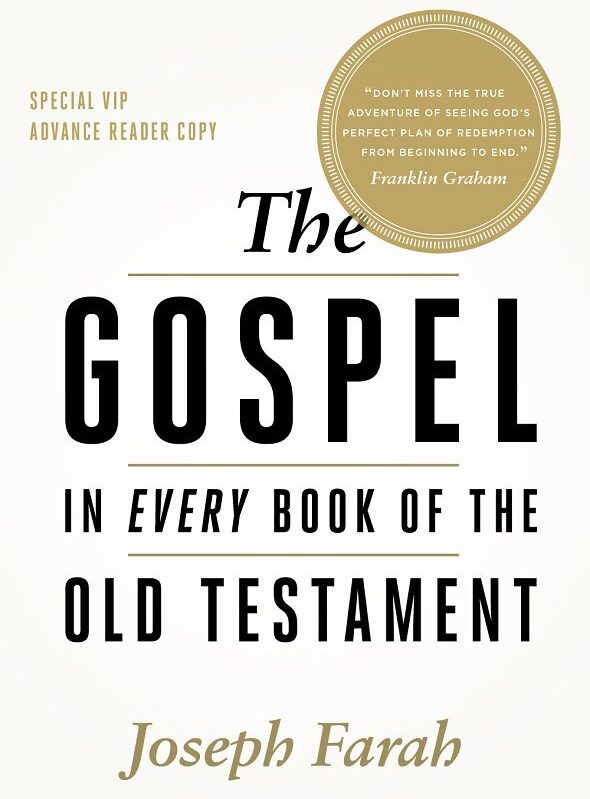For weeks, WorldNetDaily has been begging for money to publish editor Joseph Farah’s religious book. it’s now undercut that case by going digital.
A June 4 WND article tries to spin it:
While the hardcover edition of the highly acclaimed “The Gospel in Every Book of the Old Testament” won’t release to bookstores nationwide until September, due to high demand and anticipation for Joseph Farah’s “breakthrough Bible book,” WND Books is making the digital e-book version available immediately in the WND Superstore and at Amazon.
[…]The one-of-a-kind book has already attracted large advance orders from both Christian ministries and bookstore chains has been “adopted” by missions organization Gospel for All Nations, which is accepting tax-deductible contributions and grants to support the large first printing of an expected 100,000 copies.
The decision to release the e-book months before the hardcover is also an effort to generate the funds necessary for the large first printing necessary to meet unprecedented demand – the largest in WND Books’ 20-year history.
The claim that the digital release is intended to help fund the physical release — and coming months before the planned physical release as well — tells us that the fundraising campaign isn’t going well.
Again, what WND doesn’t say is more important than what it does. Where’s the proof of these massive “advance orders” for the book? If those orders are so solid, why can’t WND simply get a bank loan to finance the publishing? And why the scare quotes around “adopted”? Why not just tell readers the nature of the deal with Gospel for All Nations that lets WND take tax-deductible donations?
Meanwhile, the digital campaign doesn’t seem to be going well. As of this writing, Farah’s book is ranked No. 31,087 at Amazon’s Kindle Store, and No. 5,863 in the “Religion & Spirituality” section. Even in one highly specialized category, it’s ranked only 14th. That seems to contradict the idea of “unprecedented demand” for the book that Farah and WND claim exists.
Most of the article, meanwhile, is taken up with blurbs from Farah’s fellow right-wing Christians touting the book — which are little more than logrolling and not indicative of the book’s quality or value.
